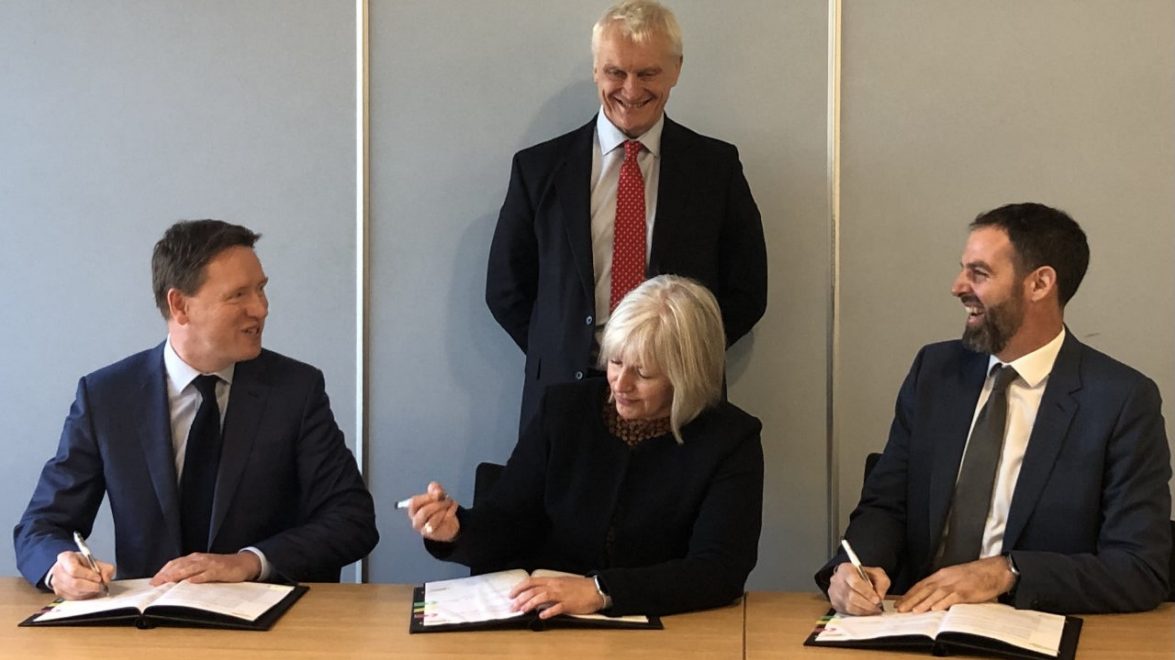Another citadel in hydrocarbons’ hegemony over the energy industry appeared to totter this morning, after oil and gas majors BP, Equinor and Ithaca unveiled a deal to explore the feasibility of running three giant oilfields west of the Shetlands entirely on electricity.
Drawing power either from wind turbines at sea, or over long HVDC cables from the islands’ land-based spinners, are among options to be considered.
Full electrification of BP’s Clair field, Equinor’s Rosebank concession, and Ithaca’s controversial Cambo development – the latter among the North Sea’s biggest – would together require 200MW of electricity, according to the trio’s joint statement.
Replacing oil- and gas-driven generators to power drills, pumps and offshore accommodation above deep waters presents severe challenges.
Distances of up to 175 kilometres to land, through often stormy seas, are the most obvious physical hurdle. Other commercial, regulatory and consenting problems would also need solutions.
The government and the oil extractors’ regulator the North Sea Transition Authority – formerly the Oil and Gas Authority – are backing the intended innovation.
Westminster’s junior energy minister Graham Stuart convened the trio’s signing yesterday of the mode-shifting deal. Signatories pictured with him are – from left – Equinor’s Al Cook, BP’s Louise Kingham and Ithaca’s Gilad Myerson.
“I am delighted to host the signing of this agreement …to explore the possibilities of electrifying oil and gas production in the UK”, said the minister. “It is an important step for industry towards reducing their emissions, while protecting jobs and delivering on the commitments in the landmark North Sea Transition Deal.”
Agreed in March 2021, that accord commits hydrocarbon extractors operating in Britain’s coastal waters to trim one-tenth from their carbon emissions by 2025, a quarter by 2027 and half by 2030, all on the road to Net Zero by 2050. Initially conceived to regulate extractors of fossil fuels, the agreement now includes generators sourcing electricity from wind and the waves.
Formed yesterday, the West of Shetland Electrification group (WoSE) formalises BP’s, Ithaca’s and Equinor’s current craze for current.
Seventy-five kilometres west of the Shetlands, and sheltering an estimated 175 million barrels of oil, the Cambo field holds some of the North Sea’s biggest reserves. The field has an anticipated working life of 25 years. In April, Ithaca paid an initial $1.1 billion for Siccar Point’s 70% stake. A further $360 million may follow, dependent on revenues.
After months of equivocation, in November 2021 Scotland’s First Minister Nicola Sturgeon declared her opposition to Cambo during the CoP26 climate summit in Glasgow.





If Alban had posted this on 1st April I’d have got it. But since not, is this green wash or is it every little helps? Looking forward to your suggestions…